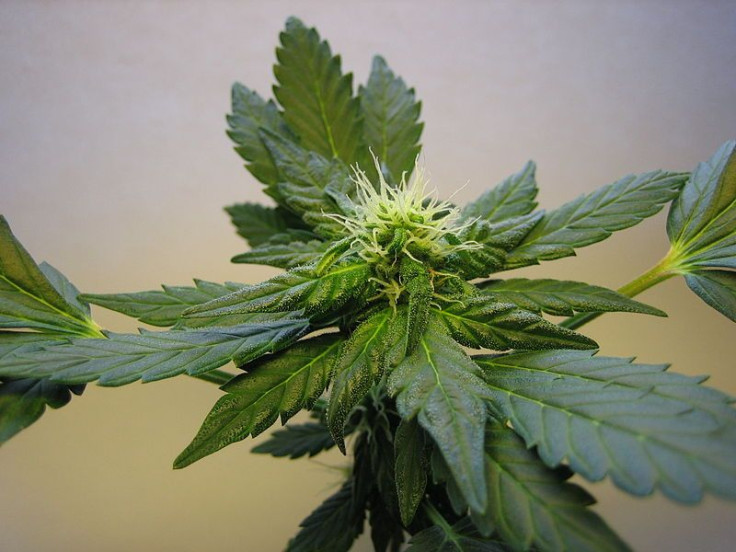A Battery Made Of Hemp? Plant-Based Supercapacitor Is ‘Better Than Graphene,’ Study Finds

Environmentalists have long championed the eco-friendly virtues of hemp, but more recently engineers have discovered the plant’s energy-saving properties. Researchers in the U.S. have developed a super-strong, super-fast, hemp-based battery called a supercapacitor that could charge things like electric cars and power tools and is a cheaper alternative to conventional graphene supercapacitors, researchers say.
“Our device's electrochemical performance is on par with or better than graphene-based devices," David Mitlin, an engineering professor at Clarkson University in New York, said in a statement. "The key advantage is that our electrodes are made from biowaste using a simple process, and therefore, are much cheaper than graphene."
How much cheaper? About $500 to $1,000 less per ton compared to the cost of making a ton of graphene, according to Mitlin.
To create a hemp supercapacitor, researchers essentially cooked hemp bark in a device similar to a pressure cooker -- a process called “hydrothermal carbonization” -- then dissolved some of the plant material that remained, according to the study published in May in the journal ACS Nano. They used industrial hemp, a low-grade version of the cannabis plant that contains only trace amounts of the psychoactive ingredient THC. Hemp grows fast, causes less erosion than other crop plants and requires little to no pesticides during cultivation. Proponents of manufacturing hemp products say the plant has “tremendous economic potential.”
Mitlin and his team recently presented their research at the American Chemical Society exposition in San Francisco. "We've pretty much figured out the secret sauce of it," Mitlin told the BBC. The structure of hemp fiber “makes sheets with high surface area -- and that's very conducive to supercapacitors."
Graphene, the predecessor of Mitlin’s beefed-up hemp product, is widely considered the strongest material on earth. It was discovered in 2004 and is 200 times tougher than steel, even though it is thinner than a human hair. Graphene has been the industry standard for some time.
There are some limitations to hemp, however. Hemp “can’t do all the things graphene can,” Mitlin admits. “But for energy storage, it works just as well.”
© Copyright IBTimes 2024. All rights reserved.





















